Romance Language Collections
New book by Déborah Blocker
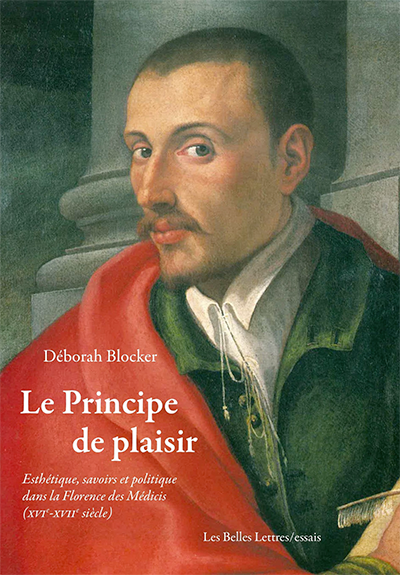
Le Principe de plaisir: esthétique, savoirs et politique dans la Florence des Médicis (XVIe-XVIIe siècle) tells several stories in one. On the one hand, that of one of the most original and productive academies of the late Florentine Renaissance, the Accademia degli Alterati (1569-ca. 1625). On the other hand, that of a restricted social group, made up of a few dozen young Florentine patricians whom the Medicis did not regard favorably because their ancestors had fought to maintain the oligarchic Republic. These young nobles made their academy a place where they could spend their leisure time and share their pleasures—artistic and otherwise—but also a collective where they could work together on their integration into Medicean court society. Between 2008 and 2018, Blocker researched the social and political circumstances in which new conceptions and uses of the “arts” emerged in the academic culture of late Renaissance Florence, through an in-depth archival study of the Accademia degli Alterati.
Thirdly, this book tells the story of a body of documents, now dispersed, but which once formed the basis of all the activities of the “Altered.” These thousands of folios of documents, and very largely unexplored—contain academic speeches, letters, activity registers, dialogues, collectively corrected poems, etc. Their analysis makes it possible to follow the day-to-day activities of the Alterati for nearly six decades, and to examine, through the material form that their work took, how collective intellectual horizons emerged within them, over the course of their debates.
Through the constant intertwining of these three stories, this book finally tells a fourth: that of the actions, activities and discourses which, within the academy of the Alterati, participated in the constitution of the aesthetic in knowledge (and in know-how) of a new type. Through the case of the Alterati, this book thus raises the question of the formalization of the aesthetic knowledge and practices that are ours today—and that of the links between their emergence and the rise of modern political authoritarianism, within early modern European aristocracies.
[translated from publisher’s site]
Déborah Blocker is professor of French and affiliated faculty in Italian Studies at UC Berkeley. She specializes in the social and political history of literary practices in early modern France and Italy, with a particular interest in theater, learned societies (academies), the history of philology and the history of early modern aesthetics. Her research relies heavily on the history of the book, as well as on manuscript studies. Her earlier work Instituer un ‘art’: politiques du théâtre dans la France du premier XVIIe siècle (Paris, Champion, 2009) examined the social and political processes through which early modern French theater was instituted into an art (1630-1660). This project led her to develop a larger curiosity for the social and political constitution and circulation of discourses on poetry and the arts in early modern Europe (1500-1900).
Le Principe de plaisir: esthétique, savoirs et politique
dans la Florence des Médicis (XVIe-XVIIe siècle)
Paris: Belles Lettres, 2022.
Celebrating Pasolini’s 100th Birthday

Italian film director, poet, writer and intellectual Pier Paolo Pasolini (1922-1975) would have turned 100 this year and Italy is not the only country celebrating his artistic achievements. Here in the Bay Area, the Italian Cultural Institute of San Francisco will present a series of public events exploring his life, his work, and his legacy during the months of September and October. The Berkeley Art Museum and Pacific Film Archive (BAMFA) has organized a retrospective of his films beginning the last week of October and continuing through November.
The UC Berkeley Library is home to 172 books authored or co-authored by Pasolini, 440 critical works about him, and 41 DVDs. In the Media Resources Center which is available by appointment only this semester, you’ll find more of his films than on Netflix, Amazon Prime, and Kanopy combined.
Calendar of Events:
September 1, 2022 – 11 AM
PIER PAOLO PASOLINI CORSARO Pier Paolo Pasolini Corsair
Marco Belpoliti presents his book Pasolini e il suo doppio (Pasolini and His Double)
In collaboration with the Leonardo Da Vinci Society SF
Venue: Zoom presentation
LEARN MORE & REGISTER
September 10, 2022
PASOLINI100 – HOMAGE TO PIER PAOLO PASOLINI FILM MARATHON
Experience the passion of Pasolini, the filmmaker who pushed the boundaries of politics, art and sexuality, at a screening of five of his most iconic films at the Castro Theatre. The retrospective will feature a special screening of Pasolini’s Medea starring soprano Maria Callas, and, in celebration of the joint centenaries of San Francisco Opera and Pasolini, San Francisco Opera will present a performance by soprano Mikayla Sager prior to the Medea screening.
This program is presented by Cinecittà, the Italian Cultural Institute of San Francisco, CinemaItaliaSF, and Artistic Soul Association, under the auspices of the Italian Consulate General of San Francisco.
Venue: The Castro Theatre
LEARN MORE & BUY TICKETS
October 5, 2022 – 6:30 PM
LA ROSADA E L’ARGILUT: The Places of Young Pasolini
A documentary exploring the places where Pier Paolo Pasolini lived and worked in his youth passing through the villages and countryside that the poet loved so deeply and depicted in his poetic and visual work.
Produced by Terra s.r.l. and directed by Roberta Cortella.
In cooperation with Regione Friuli Venezia Giulia and Association El Fogolar Furlan SF
Length: 35 min
Venue: Italian Cultural Institute of San Francisco @INNOVIT Spaces
Free admission, limited seating available
LEARN MORE & REGISTER
October 25, 2022 – 6:30 PM
ATREMIS DANZA | FUOCHI SEGRETI (Secret Fires)
A contemporary dance performance in celebration of Pasolini100
A production of Compagnia Artemis Danza/Monica Casadei, with the support of Ministero della Cultura, Regione Emilia Romagna
Presented by the Italian Cultural Institute of San Francisco
Venue: Brava Theatre, 2781 24th St., San Francisco
Free admission, limited seating available
LEARN MORE & REGISTER
October 22-November 27, 2022
PASOLINI RETROSPECTIVE @BAMPFA Berkeley
Copresented by BAMPFA and Cinecittà, Rome. The retrospective has been organized by Susan Oxtoby, BAMPFA, and Camilla Cormanni, Paola Ruggiero, Marco Cicala, Germana Rusico, Cinecittà. Presented in association with the Ministry of Culture of Italy.
LEARN MORE & BUY TICKETS
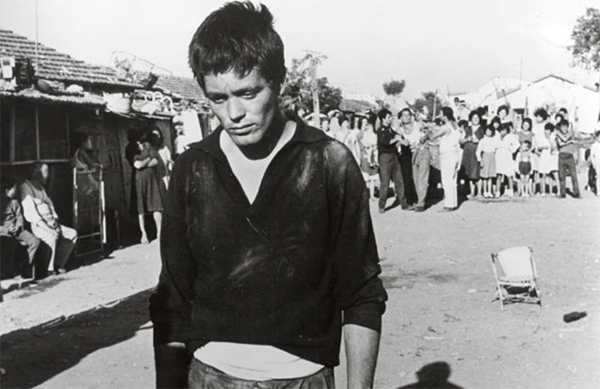
Fall 2022 copyright and publishing workshops with the Office of Scholarly Communication Services

With the school year kicking off this week in Berkeley, the Office of Scholarly Communication Services is here to help UC Berkeley faculty, students, and staff understand copyright and scholarly publishing with online resources, Zoom workshops, and consultations.
Here’s what’s coming up this semester.
Workshops
Publish Digital Books & Open Educational Resources with Pressbooks
Date/Time: Tuesday, September 20, 2022, 11:00am–12:30pm
RSVP for Zoom link
If you’re looking to self-publish work of any length and want an easy-to-use tool that offers a high degree of customization, allows flexibility with publishing formats (EPUB, PDF), and provides web-hosting options, Pressbooks may be great for you. Pressbooks is often the tool of choice for academics creating digital books, open textbooks, and open educational resources, since you can license your materials for reuse however you desire. Learn why and how to use Pressbooks for publishing your original books or course materials. You’ll leave the workshop with a project already under way.
Copyright and Your Dissertation
Date/Time: Tuesday, September 27, 2022, 11:00am–12:30pm
RSVP for Zoom link
This workshop will provide you with practical guidance for navigating copyright questions and other legal considerations for your dissertation or thesis. Whether you’re just starting to write or you’re getting ready to file, you can use our tips and workflow to figure out what you can use, what rights you have as an author, and what it means to share your dissertation online.
Managing and Maximizing Your Scholarly Impact
Date/Time: Tuesday, October 11, 2022, 11:00am–12:30pm
RSVP for Zoom link
This workshop will provide you with practical strategies and tips for promoting your scholarship, increasing your citations, and monitoring your success. You’ll also learn how to understand metrics, use scholarly networking tools, evaluate journals and publishing options, and take advantage of funding opportunities for Open Access scholarship.
From Dissertation to Book: Navigating the Publication Process
Date/Time: Tuesday, October 18, 2022, 11:00am–12:30pm
RSVP for Zoom link
Hear from a panel of experts—an acquisitions editor, a first-time book author, and an author rights expert—about the process of turning your dissertation into a book. You’ll come away from this panel discussion with practical advice about revising your dissertation, writing a book proposal, approaching editors, signing your first contract, and navigating the peer review and publication process.
How to Publish Open Access at UC Berkeley
Date/Time: Tuesday, October 25, 2022, 11:00am–12:30pm
RSVP for Zoom link
Are you wondering what processes, platforms, and funding are available at UC Berkeley to publish your research open access (OA)? This workshop will provide practical guidance and walk you through all of the OA publishing options and funding sources you have on campus. We’ll explain: the difference between (and mechanisms for) self-depositing your research in the UC’s institutional repository vs. choosing publisher-provided OA; what funding is available to put toward your article or book charges if you choose a publisher-provided option; and the difference between funding coverage under the UC’s “transformative agreements” vs. the Library’s funding program (Berkeley Research Impact Initiative). We’ll also give you practical tips and tricks to maximize your retention of rights and readership in the publishing process.
Copyright and Fair Use for Digital Projects
Date/Time: Tuesday, November 8, 2022, 11:00am–12:30pm
RSVP for Zoom link
This training will help you navigate the copyright, fair use, and usage rights of including third-party content in your digital project. Whether you seek to embed video from other sources for analysis, post material you scanned from a visit to the archives, add images, upload documents, or more, understanding the basics of copyright and discovering a workflow for answering copyright-related digital scholarship questions will make you more confident in your project. We will also provide an overview of your intellectual property rights as a creator and ways to license your own work.
Other ways we can help
In addition to the workshops, we’re here to help answer a variety of questions you might have on intellectual property, digital publishing, and information policy.
- Check out our website for information on issues such as copyright and fair use, text data mining, and how to participate in UC’s Open Access Policy.
- Interested in publishing your research Open Access? UCB Library can help defray the costs of an article processing charge (up to $2,500) or book processing charge (up to $10,000). See the Berkeley Research Impact Initiative (BRII) for more information. And explore the various UC-wide transformative open access agreements and discounts that can help UC corresponding authors publish their scholarship open access.
- Do you want to create an open digital textbook? Take a look at UC Berkeley’s Open Book Publishing platform (anyone with a @berkeley.edu email can sign up for a free account), and get in touch with us about our Open Educational Resources (OER) grant program.
- Keep an eye on our events calendar for more workshops and trainings.
- Follow our blog, social media, and YouTube channel.
Want help or more information? Send us an email. We can provide individualized support and personal consultations, online class instruction, presentations and workshops for small or large groups & classes, and customized support and training for departments and disciplines.
Publisher du Jour – Edições Húmus
Edições Húmus is small independent publisher based in the town of Ribeirão just north of Porto. They specialize in poetry but also literary fiction and essays. The name of the publishing house is a reference to the celebrated modernist novel published by Portuguese writer Raul Brandão in 1917. Here are a few titles recently acquired by the Library:
New book by faculty: Afro-Atlantic Catholics : America’s First Black Christians–by Professor Jeroen DeWulf
It is my great honor and privilege to introduce readers of this blog to a new book by Professor Jeroen DeWulf titled “Afro-Atlantic Catholics America’s First Black Christians.” The book will be out in early August. The book is long needed to provide a holistic view of the influence of African Catholics on the historical development of Black Christianity in America during the seventeenth century.
The publisher is the University of Notre Dame Press. The description reads, “Black Christianity in America has long been studied as a blend of indigenous African and Protestant elements. Jeroen Dewulf redirects the conversation by focusing on the enduring legacy of seventeenth-century Afro-Atlantic Catholics in the broader history of African American Christianity. With homelands in parts of Africa with historically strong Portuguese influence, such as the Cape Verde Islands, São Tomé, and Kongo, these Africans embraced variants of early modern Portuguese Catholicism that they would take with them to the Americas as part of the forced migration that was the transatlantic slave trade. Their impact on the development of Black religious, social, and political activity in North America would be felt from the southern states as far north as what would become New York.
Dewulf’s analysis focuses on the historical documentation of Afro-Atlantic Catholic rituals, devotions, and social structures. Of particular importance are brotherhood practices, which were critical in disseminating Afro-Atlantic Catholic culture among Black communities, a pre-Tridentine culture and wary of external influences. These fraternal Black mutual-aid and burial society structures were critically important to the development and resilience of Black Christianity in America through periods of changing social conditions. Afro-Atlantic Catholics show how a sizable minority of enslaved Africans actively transformed the American Christian landscape and would lay a distinctly Afro-Catholic foundation for African American religious traditions today. This book will appeal to scholars in the history of Christianity, African American and African diaspora studies, and Iberian studies.”
Professor Dewulf’s groundbreaking research on how one can reflect on early issues surrounding the conceptualization of diversity, faith, race, and belonging in the context of our continent today while not straying away from in-depth historiographical narrative serves as an archive of memory narrative.

New Catalan literature
Here’s a selection of Catalan literature titles hot of the press with some not even on the library shelves quite yet. Prizewinners include Maria Barbal, Maite Salord, Anna Gas Serra, Xavier Mas Craviotto, and Laia Viñas. Reviews for all can be read on the open access journal Càracters published by the Universitàt de Valencia.
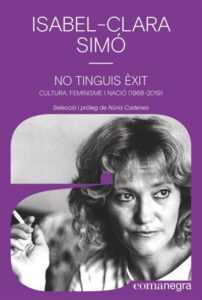
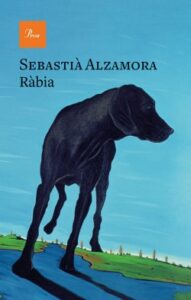

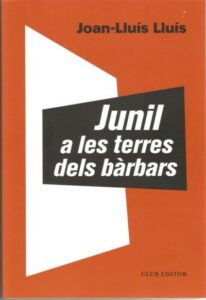
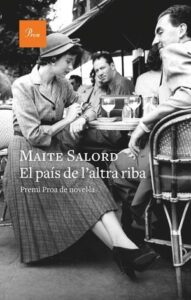
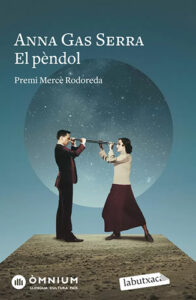
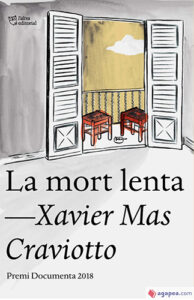
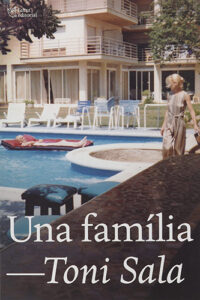
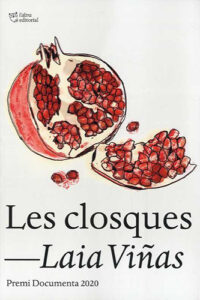
 And don’t forget to check out the Catalan Studies research guide.
And don’t forget to check out the Catalan Studies research guide.
New book by Estelle Tarica
Holocaust Consciousness and Cold War Violence in Latin America proposes the existence of a recognizably distinct Holocaust consciousness in Latin America since the 1970s. Community leaders, intellectuals, writers, and political activists facing state repression have seen themselves reflected in Holocaust histories and have used Holocaust terms to describe human rights atrocities in their own countries. In so doing, they have developed a unique, controversial approach to the memory of the Holocaust that is little known outside the region. Estelle Tarica deepens our understanding of Holocaust awareness in a global context by examining diverse Jewish and non-Jewish voices, focusing on Argentina, Mexico, and Guatemala. What happens, she asks, when we find the Holocaust invoked in unexpected places and in relation to other events, such as the Argentine “Dirty War” or the Mayan genocide in Guatemala? The book draws on meticulous research in two areas that have rarely been brought into contact—Holocaust Studies and Latin American Studies—and aims to illuminate the topic for readers who may be new to the fields.
[from publisher’s site]
Estelle Tarica is Professor of Latin American Literature and Culture and former Chair of the Latin American Studies Program at UC Berkeley. She is incoming Chair of the Department of Spanish & Portuguese. Her previous book The Inner Life of Mestizo Nationalism concers the discourse of indigenismo and mestizaje in Mexico, Peru and Bolivia focusing on the work of José María Arguedas, Rosario Castellanos and Jesús Lara. Her articles have appeared in edited volumes and in the journals Chasqui, Revista de Crítica Literaria Latinoamericana, Latin American Literary Review, Journal of Latin American Studies, Política Común and Yale French Studies, among others.
She discussed her latest book with Alejandra Decker (Hispanic Languages and Literatures, UCB) and Robert Kaufman (Comparative Literature, UCB) on April 7 through the Center for Latin American Studies.
Holocaust Consciousness and Cold War Violence in Latin America.
Albany: State University of New York Press, 2022.
Orienting Os Lusíadas @ 450
This online bibliography brings together resources and scholarship to mark the 450th anniversary of the publication of The Lusiads (Os Lusíadas), the magnum opus of Luís Vaz de Camões (c. 1524/5–1580), an epic that “sings” the story of Portugal’s colonial expansion. Long revered as the most important work in the Portuguese language, it draws inspiration from Greco-Roman epics such as Virgil’s Aeneid and Homer’s Iliad and Odyssey as well as Persian and Hindu mythology. The ten cantos which structure the long narrative poem are in ottava rima and total 1,102 stanzas.
The Lusiads form a key pillar of an entire mythos constructed around nostalgia for the empire, though one that has received increasing critical attention in scholarly and political circles alike. Anthony Soares, for example, highlights the material and bodily violences that lie behind discursive elements of the text’s poetic cantos. Other scholars have traced the Persian and Indian lyric influences in the text (notably Hāfiz and Omar Khayyam), interpreting the national epic against itself. Some have even identified critiques of Empire, as well as satirical treatments of etymologies and ancestral pretenses, within the text itself, calling into question the poet’s own consent for his work to be interpreted as the uncritical pro-imperialist national epic, par excellence. As 2022 marks the 450th anniversary of its publication, new scholarship (see Camões at Harvard: Navigating 450 years of Os Lusíadas) will continue to critically resituate The Lusiads both in its historical moment and in Portuguese and global literature today.
We hope you make use of this bibliography which highlights resources in UC Berkeley’s distinguished Portuguese collection but also which provides access to open and freely available sources online.
Cameron Flynn
Ph.D. student, Romance Languages and Literatures
Claude Potts
Librarian for Romance Languages Collections
New Book by Timothy Hampton
![Cheerfulness [book cover]](https://pup-assets.imgix.net/onix/images/9781942130604.jpg?w=600&auto=format)
Cheerfulness: A Literary and Cultural History tells a new story about the cultural imagination of the West wherein cheerfulness — a momentary uptick in emotional energy, a temporary lightening of spirit — functions as a crucial theme in literary, philosophical, and artistic creations from early modern to contemporary times. In dazzling interpretations of Shakespeare and Montaigne, Hume, Austen and Emerson, Dickens, Nietzsche, and Louis Armstrong, Hampton explores the philosophical construal of cheerfulness — as a theme in Protestant theology, a focus of medical writing, a topic in Enlightenment psychology, and a category of modern aesthetics. In a conclusion on cheerfulness in pandemic days, Hampton stresses the importance of lightness of mind under the pressure of catastrophe. A history of the emotional life of European and American cultures, a breathtaking exploration of the intersections of culture, literature, and psychology, Cheerfulness challenges the dominant narrative of Western aesthetics as a story of melancholy, mourning, tragedy, and trauma. Hampton captures the many appearances of this fleeting and powerfully transformative emotion whose historical and literary trajectory has never before been systematically traced.
[from publisher’s site]
Professor Hampton, who holds a joint appointment in the Departments of French and Comparative Literature, is director of the Townsend Center for the Humanities. He discussed his recent book with Seth Lerer (Literature, UC San Diego) on April 20 through the Townsend Center’s Berkeley Book Chats.
Cheerfulness: A Literary and Cultural History.
Princeton: Princeton University Press, 2022.
New Book by Michael Lucey
Michael Lucey offers a linguistic anthropological analysis of Proust’s In Search of Lost Time.
What happens when we talk? This deceptively simple question is central to Marcel Proust’s monumental novel In Search of Lost Time. Both Proust’s narrator and the novel that houses him devote considerable energy to investigating not just what people are saying or doing when they talk, but also what happens socioculturally through their use of language. Proust, in other words, is interested in what linguistic anthropologists call language-in-use.
Michael Lucey elucidates Proust’s approach to language-in-use in a number of ways: principally in relation to linguistic anthropology, but also in relation to speech act theory, and to Pierre Bourdieu’s sociology. The book also includes an interlude after each of its chapters that contextualizes Proust’s social-scientific practice of novel writing in relation to that of a number of other novelists, earlier and later, and from several different traditions, including Honoré de Balzac, George Eliot, Virginia Woolf, Nathalie Sarraute, and Rachel Cusk. Lucey is thus able to show how, in the hands of quite different novelists, various aspects of the novel form become instruments of linguistic anthropological analysis. The result introduces a different way of understanding language to literary and cultural critics and explores the consequences of this new understanding for the practice of literary criticism more generally.
[from publisher’s site]
Professor Lucey, who holds a joint appointment in the Departments of French and Comparative Literature, discussed his recent book with Suzanne Guerlac on April 6 through the Townsend Center’s Berkeley Book Chats. The event was recorded and is available online.
What Proust Heard: Novels and the Ethnography of Talk.
Chicago: University of Chicago Press, 2022.
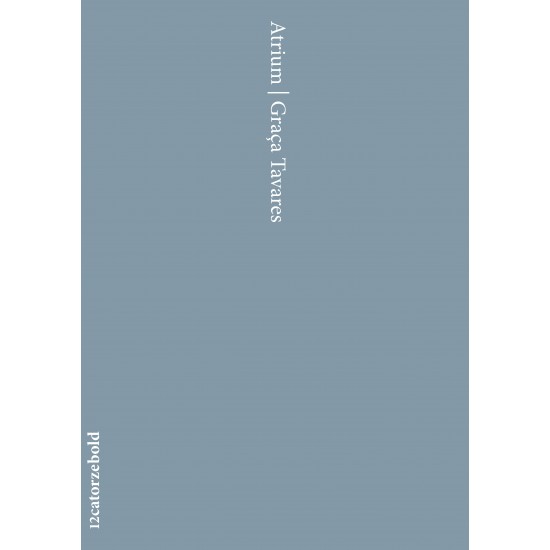
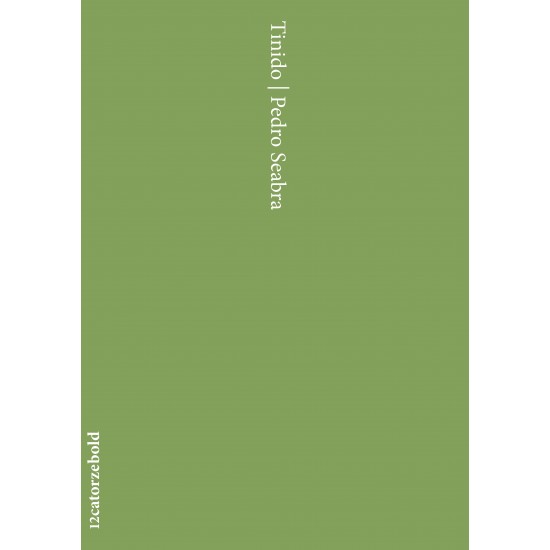
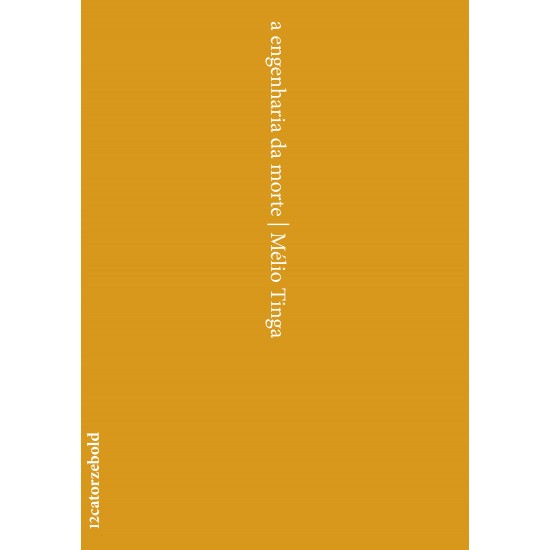
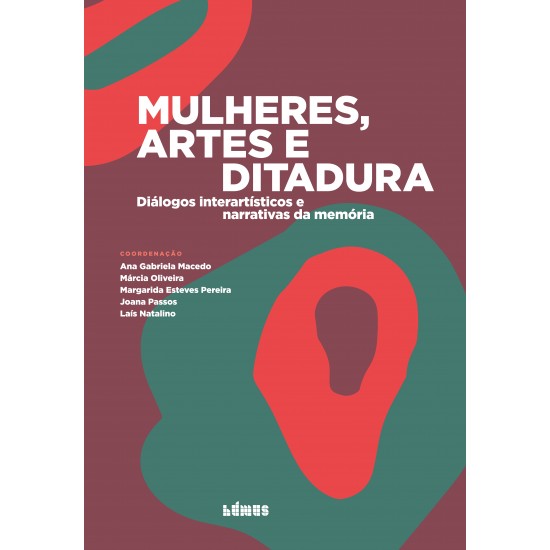
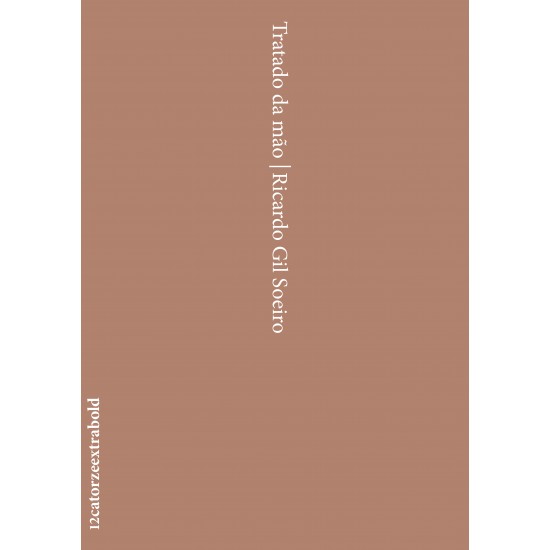
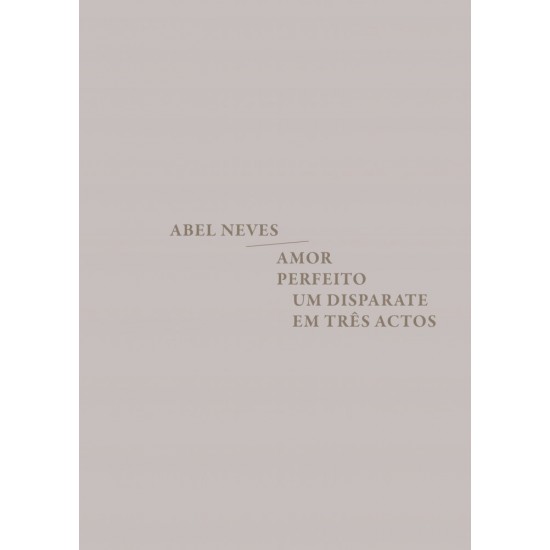
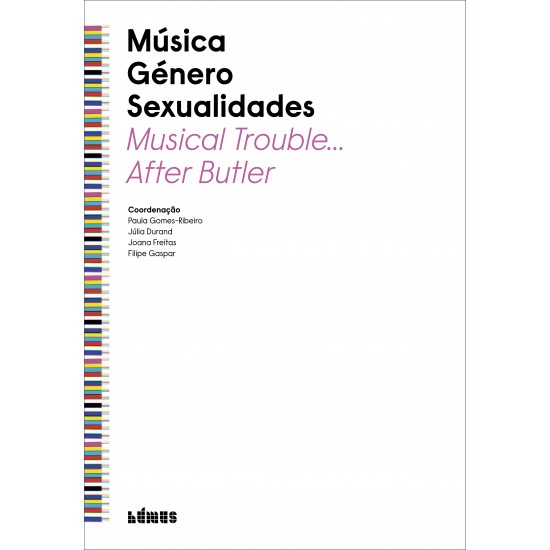
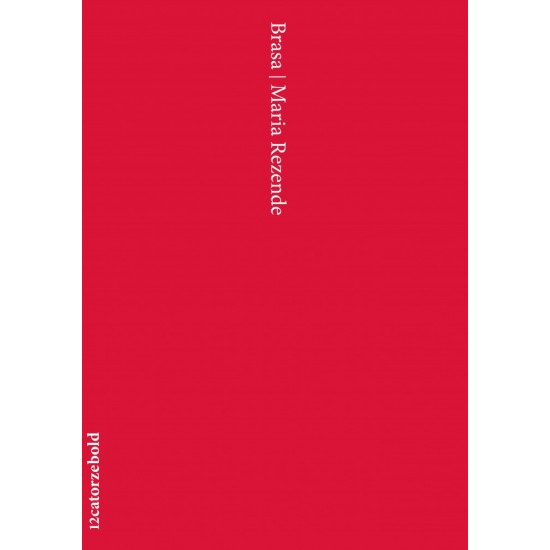
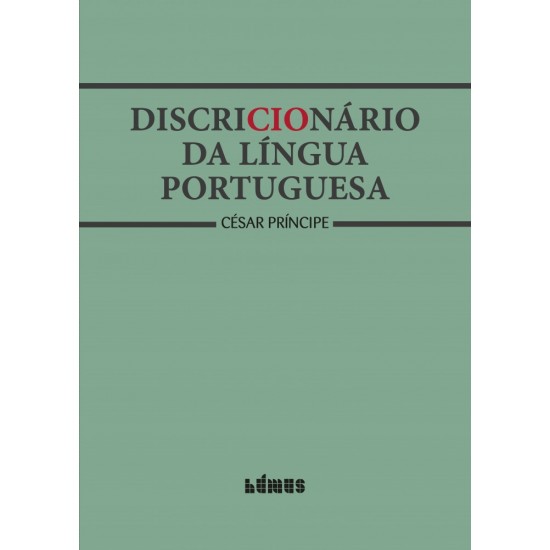
![[book cover]](https://update.lib.berkeley.edu/wp-content/uploads/2022/06/tarica.png)
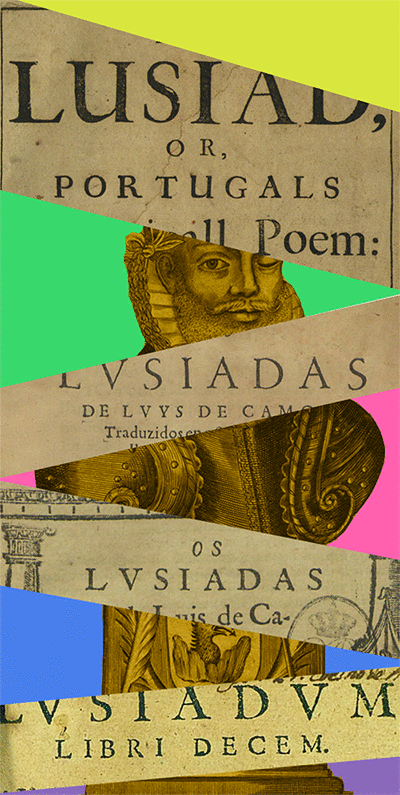
![What Proust Heard [book cover]](https://press.uchicago.edu/.imaging/mte/ucp/medium/dam/ucp/books/jacket/978/02/26/81/9780226816678.jpg/jcr:content/9780226816678.jpg)